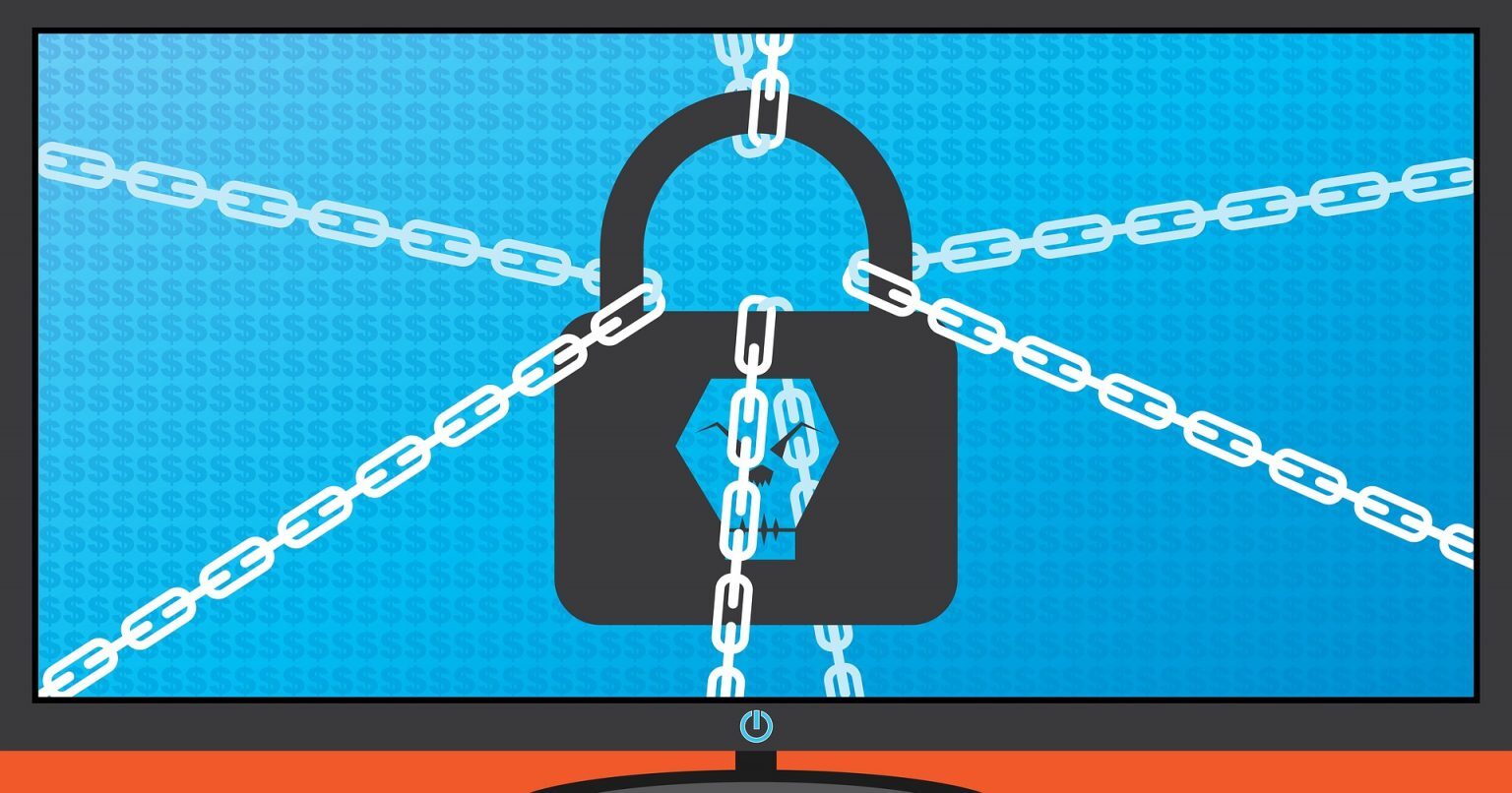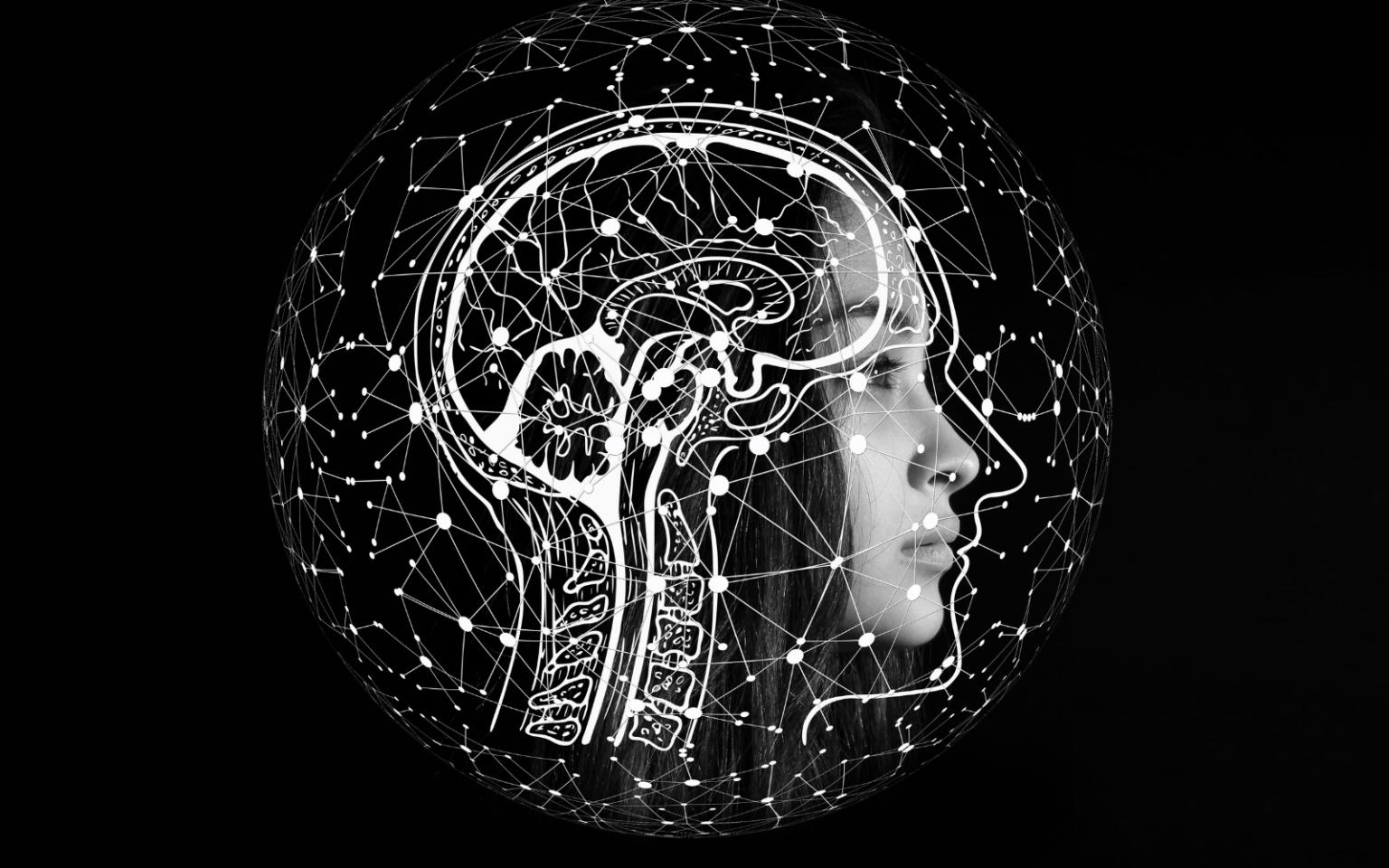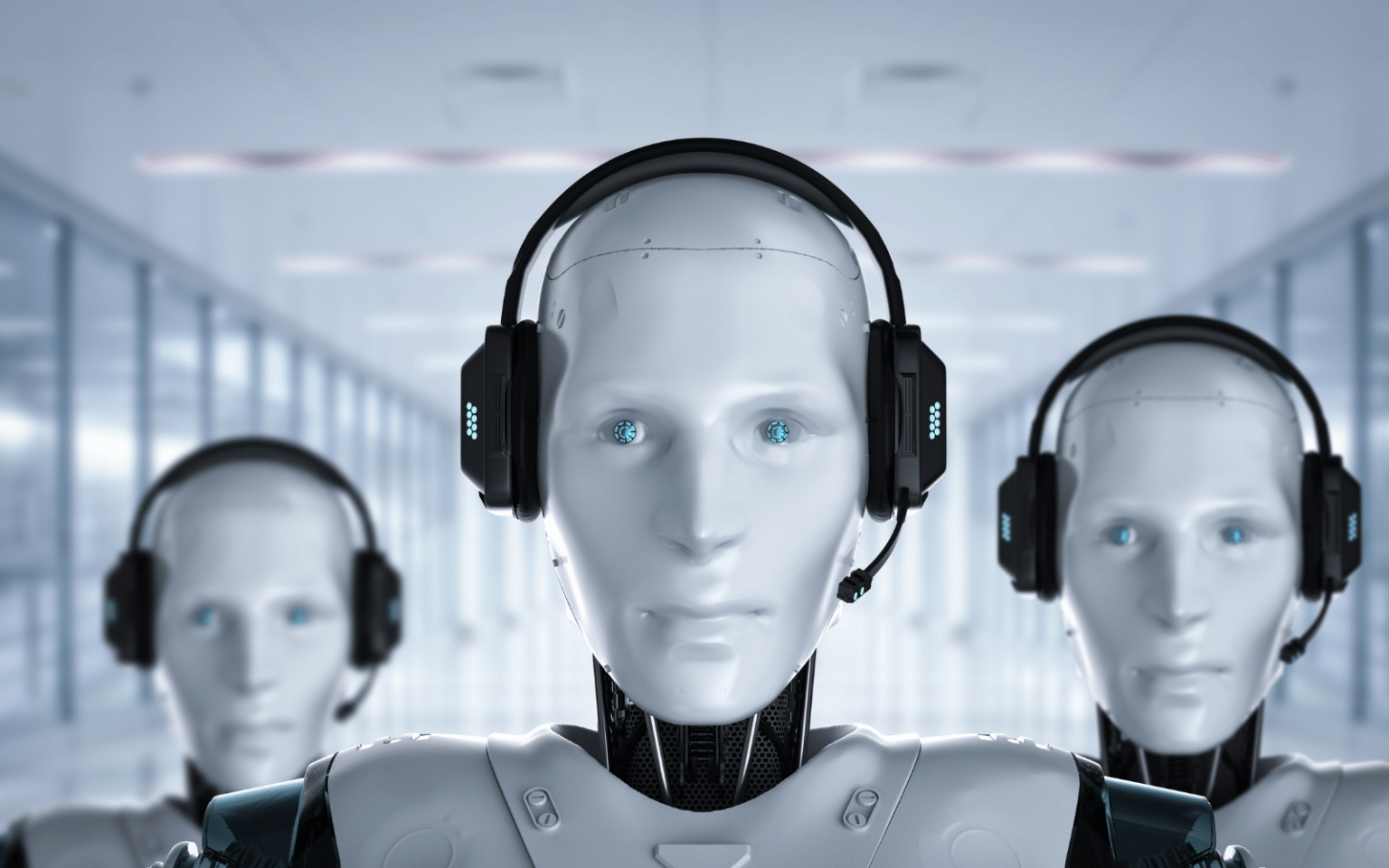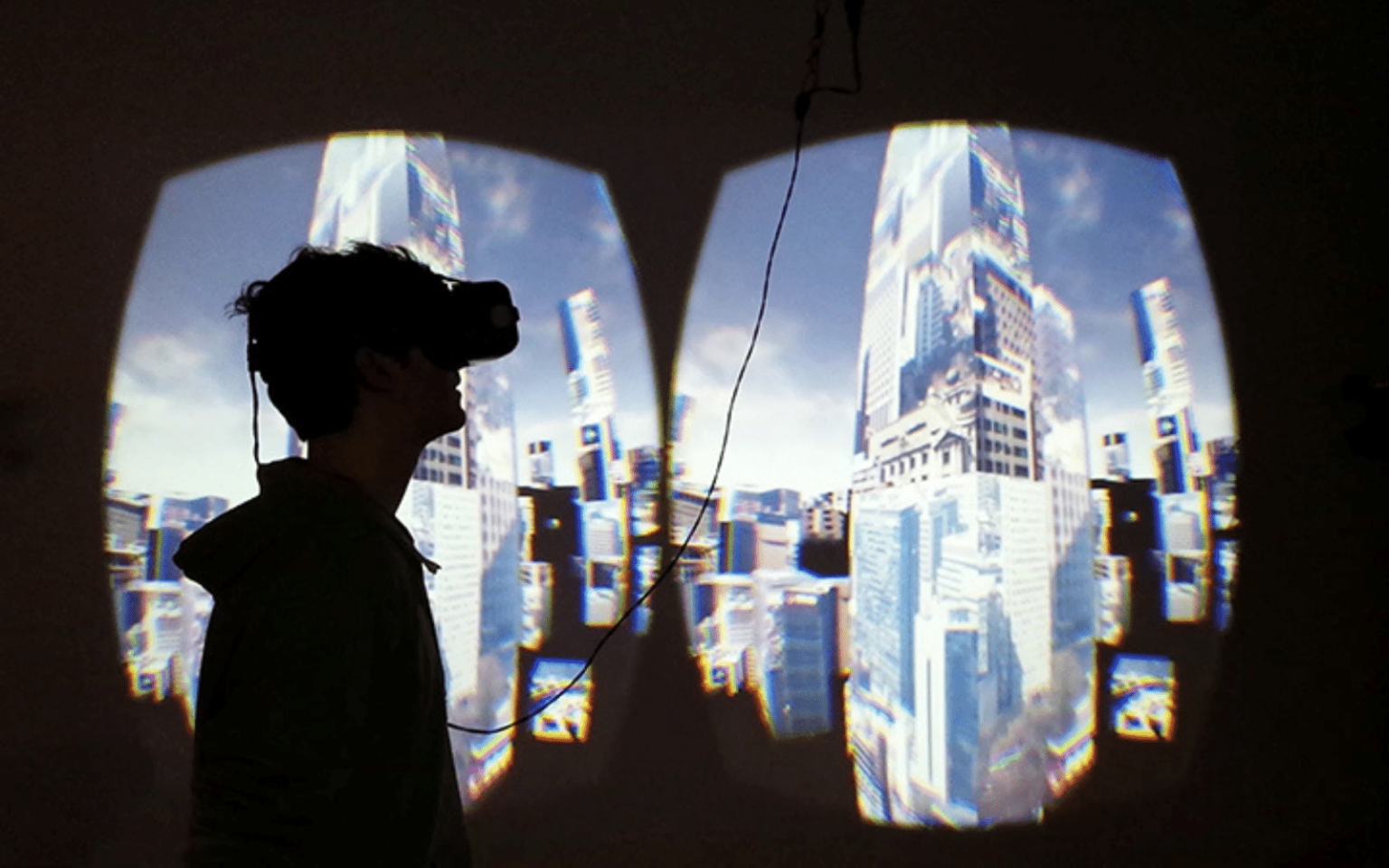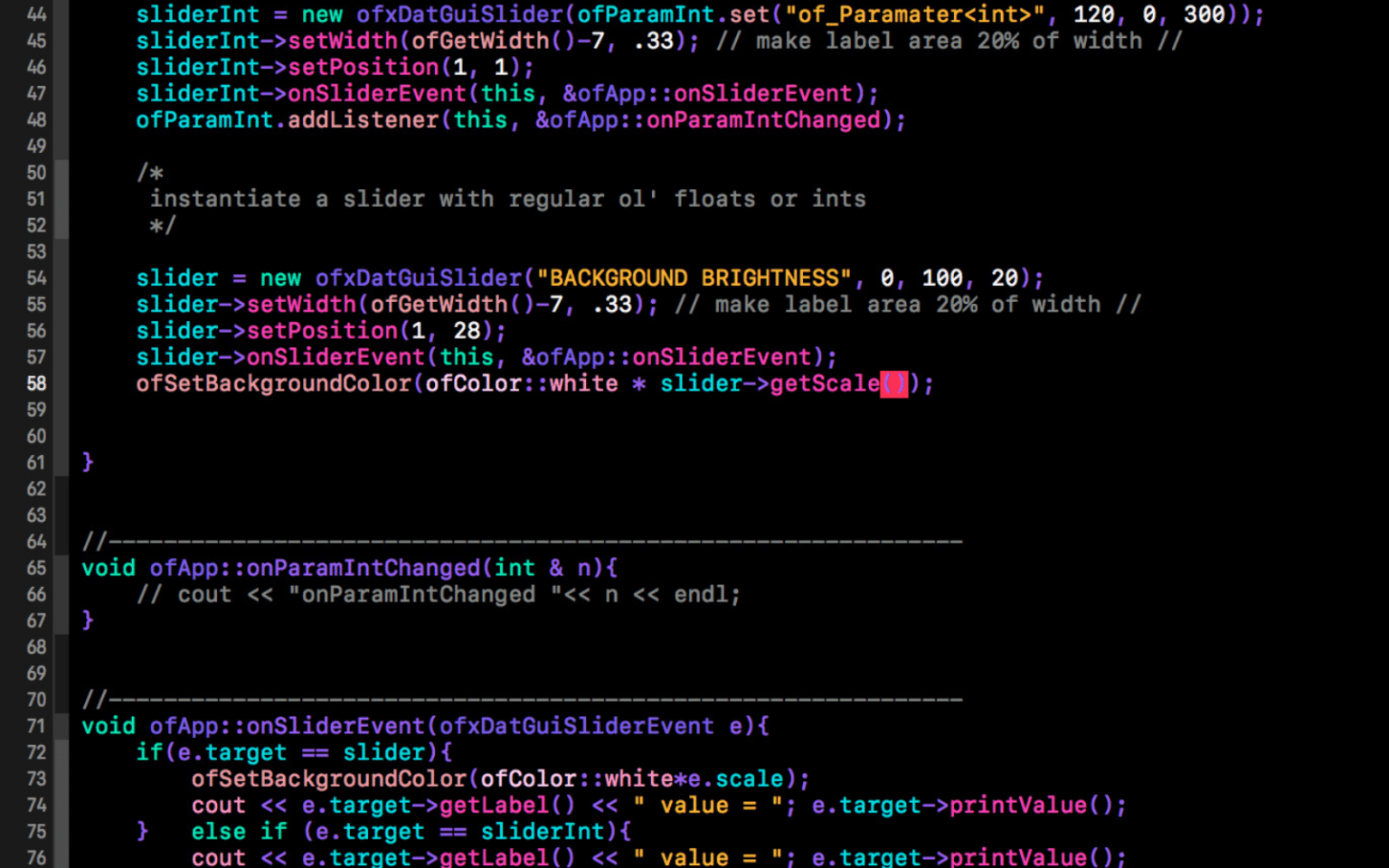Recent decades have seen remarkable growth in astronomy on the African continent. Africa enjoys pristine dark skies and vast radio quiet zones, making it the ideal home for many advanced telescopes trained on our galaxy and beyond. For instance, Namibia hosts the High Energy Spectroscopic System (HESS), which is an impressive gamma-ray telescope. The Southern African Large Telescope (SALT) in the small South African town of Sutherland is the largest optical telescope in the southern hemisphere. The MeerKAT telescope in South Africa’s arid and sparsely populated Karoo region is one of the world’s most powerful radio telescopes. It is also one of the precursor telescopes that…
Author: The Conversation
Voyager 1 is the farthest human-made object from Earth. After sweeping by Jupiter, Saturn, Uranus and Neptune, it is now almost 15 billion miles (24 billion kilometers) from Earth in interstellar space. Both Voyager 1 and its twin, Voyager 2, carry little pieces of humanity in the form of their Golden Records. These messages in a bottle include spoken greetings in 55 languages, sounds and images from nature, an album of recordings and images from numerous cultures, and a written message of welcome from Jimmy Carter, who was U.S. president when the spacecraft left Earth in 1977. The Golden Records were built to last…
In the new Top Gun: Maverick film, pilots zig-zag fighter jets across the sky at stomach-churning speeds. Tom Cruise’s character, Captain “Maverick” Pete Mitchell, is still shocking fellow pilots with his prowess and daredevil antics after 30 years in the job. Maverick flies an F-18 fighter jet in the film, an aircraft which can reach over 1,000 miles per hour. How do real pilots cope with huge forces involved in flying so fast? I’ve had a taste of what happens to your body when flying a jet. I was sitting in a tiny cockpit with four times normal gravity pushing down on…
Following the changes the pandemic has brought about in the business world, organizations have significantly increased their use of data and the internet. This, in turn, has increased the prevalence of cyberattacks and cybersecurity risks. Accounting firm PricewaterhouseCoopers recently released a report estimating that about 62 per cent of Canadian organizations were impacted by ransomware incidents and attacks in 2021. Since these risks have crucial implications for companies and their investors and clients, cybersecurity spending saw a major increase. Global cybersecurity spending grew to more than $120 billion in 2017 from $3.5 billion in 2004. Read more: Cyberattacks are on the rise amid work from home – how…
Parks, small woodlands and even simple patches of grass not only keep a city attractive, but also help people find a sense of bliss in an otherwise bustling urban environment. With new technologies, we can plan and monitor these urban “green spaces” better than ever before. As several studies have highlighted, nature within urban settings plays a pivotal role in combating many of the global public health challenges commonly associated with urbanisation. This includes maladies such as depression and high blood pressure. A 2022 study showed that trees actually have the ability to improve urban air quality as leaves and pine needles capture pollutants from the…
The year is 2030 and we are at the world’s largest tech conference, CES in Las Vegas. A crowd is gathered to watch a big tech company unveil its new smartphone. The CEO comes to the stage and announces the Nyooro, containing the most powerful processor ever seen in a phone. The Nyooro can perform an astonishing quintillion operations per second, which is a thousand times faster than smartphone models in 2020. It is also ten times more energy-efficient with a battery that lasts for ten days. A journalist asks: “What technological advance allowed such huge performance gains?” The chief…
Mastercard’s “smile to pay” system, announced last week, is supposed to save time for customers at checkouts. It is being trialled in Brazil, with future pilots planned for the Middle East and Asia. The company argues touch-less technology will help speed up transaction times, shorten lines in shops, heighten security and improve hygiene in businesses. But it raises concerns relating to customer privacy, data storage, crime risk and bias. How will it work? Mastercard’s biometric checkout system will provide customers facial recognition-based payments, by linking the biometric authentication systems of a number of third-party companies with Mastercard’s own payment systems. A Mastercard…
Twitter reports that fewer than 5% of accounts are fakes or spammers, commonly referred to as “bots.” Since his offer to buy Twitter was accepted, Elon Musk has repeatedly questioned these estimates, even dismissing Chief Executive Officer Parag Agrawal’s public response. Later, Musk put the deal on hold and demanded more proof. So why are people arguing about the percentage of bot accounts on Twitter? As the creators of Botometer, a widely used bot detection tool, our group at the Indiana University Observatory on Social Media has been studying inauthentic accounts and manipulation on social media for over a decade. We brought the concept of the…
Several companies, including Apple and Microsoft, are betting that the world of tomorrow will, at least in part, be carried out in the metaverse. To this end, Microsoft recently acquired the video game giant Activision Blizzard for US$68.7 billion. As more of our daily activities take place online, we believe it’s time to consider how this may eventually play out; if tomorrow’s city dwellers prefer the metaverse to brick-and-mortar stores and other urban amenities, what will it mean for cities and what purposes will cities ultimately serve? As professors in the departments of urban environment and digital culture we delve into this question…
Traditional computer programming has a steep learning curve that requires learning a programming language, for example C/C++, Java or Python, just to build a simple application such as a calculator or Tic-tac-toe game. Programming also requires substantial debugging skills, which easily frustrates new learners. The study time, effort and experience needed often stop nonprogrammers from making software from scratch. No-code is a way to program websites, mobile apps and games without using codes or scripts, or sets of commands. People readily learn from visual cues, which led to the development of “what you see is what you get” (WYSIWYG) document and…




